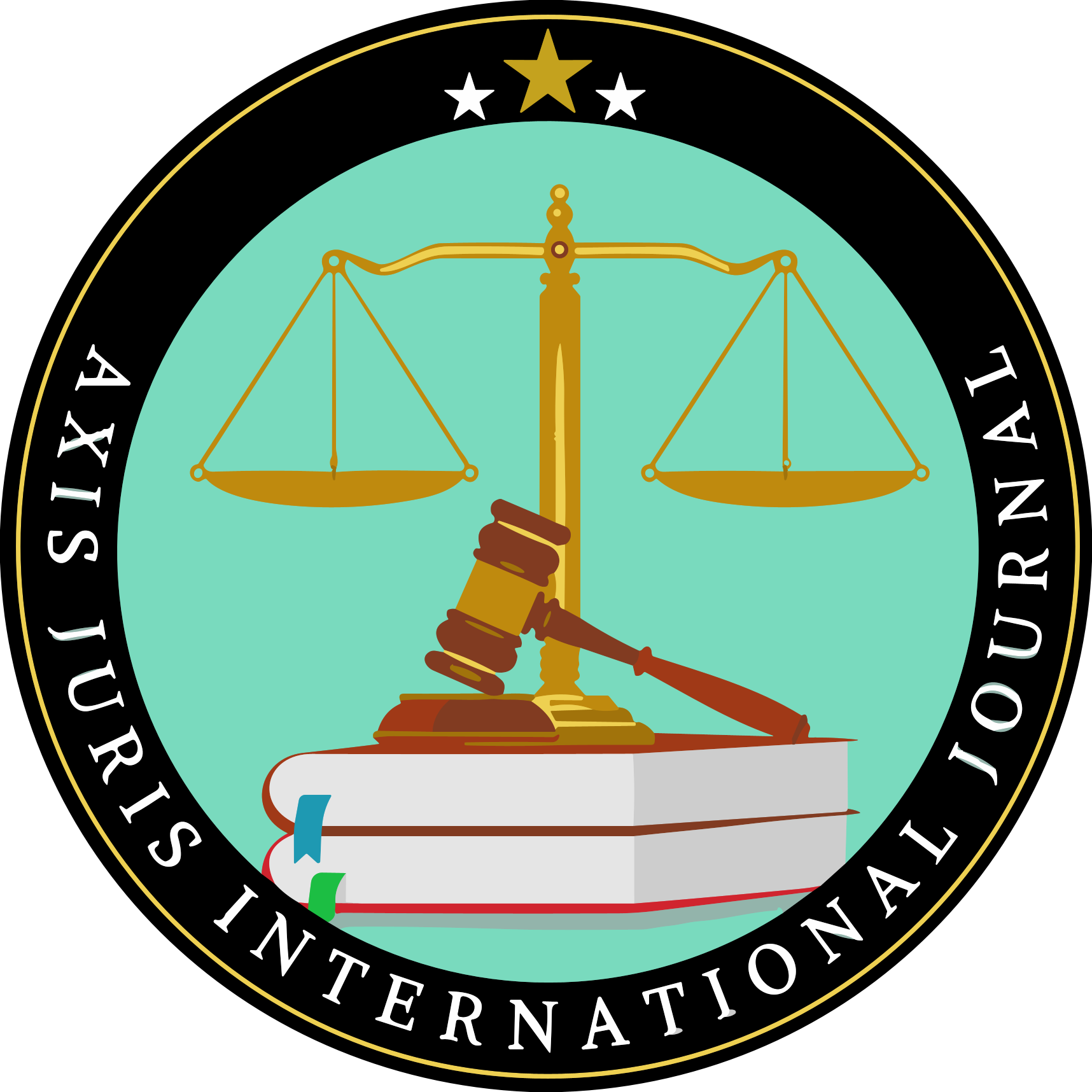AUTHOR’S NAME :- Poorna Tripathi
INSTITUTION - Vikramajit Sanatan Dharm College, Kanpur
Tort law serves as the backbone of civil justice systems across the globe, including in India. Rooted in the principles of fairness, compensation, and accountability, tort law governs civil wrongs and provides recourse for individuals who have suffered harm due to the actions or negligence of others. In the context of India, tort law plays a crucial role in shaping legal relationships, protecting rights, and ensuring justice for those wronged. In this comprehensive exploration, we delve into the intricacies of tort law in India, examining its key principles, legal implications, and evolving jurisprudence.
UNDERSTANDING TORT LAW
Tort, derived from the Latin term ‘TORTUM,’ meaning ‘WRONG,’ encompasses a wide array of civil wrongs recognized by law. Unlike criminal law, which deals with offenses against the state, tort law addresses wrongs committed against individuals or entities, entitling the aggrieved party to seek remedies such as compensation or injunctive relief. Tort law is primarily concerned with the principles of duty, breach, causation, and damages.
KEY PRINCIPLES OF TORT LAW IN INDIA
Tort law in India draws from a combination of statutory provisions and judicial precedents. While there is no comprehensive codified tort law statute, the principles of tort are enshrined in various legislations, including the Indian Penal Code, 1860, and the Consumer Protection Act, 2019. However, the majority of tort law in India has evolved through judicial interpretation and precedents established by the courts.One of the fundamental principles of tort law is the duty of care, which requires individuals to exercise reasonable care and caution to prevent foreseeable harm to others. This principle, famously articulated in the landmark case of Donoghue v. Stevenson, forms the bedrock of negligence liability in India as well. To establish negligence, the plaintiff must demonstrate that the defendant owed a duty of care, breached that duty, and caused foreseeable harm as a result of the breach.Another important principle of tort law is the concept of strict liability, which holds individuals or entities liable for harm caused by inherently dangerous activities or products, regardless of fault or negligence. The Supreme Court of India, in the case of M.C. Mehta v. Union of India, expanded the scope of strict liability to encompass environmental pollution and hazardous industries, reflecting the evolving socio-legal landscape in India.
LEGAL IMPLICATIONS OF TORT LAW IN INDIA
Tort law in India encompasses a broad spectrum of civil wrongs, including negligence, defamation, nuisance, trespass, and deceit, among others. The legal implications of tort law are manifold, affecting various aspects of civil society, commerce, and governance.In the realm of personal injury law, tort claims enable individuals to seek compensation for physical, emotional, or financial harm suffered due to the negligent or intentional actions of others. Road accidents, medical malpractice, workplace injuries, and public liability incidents are common scenarios where tort law comes into play, providing recourse for victims and holding wrongdoers accountable.
Moreover, tort law plays a pivotal role in consumer protection and product liability cases, ensuring that manufacturers and suppliers adhere to safety standards and bear responsibility for defective products that cause harm to consumers. The Consumer Protection Act, 2019, strengthens consumer rights and provides avenues for redressal in cases of unfair trade practices, defective goods, or deficient services.In the realm of defamation and privacy rights, tort law safeguards individual reputation and privacy against unwarranted intrusion, libel, or slander. The recent proliferation of social media and digital communication platforms has posed new challenges to privacy and defamation laws, prompting courts to adapt traditional legal principles to the digital age.
EVOLUTION OF TORT LAW JURISPRUDENCE IN INDIA
The evolution of tort law jurisprudence in India reflects the dynamic interplay between legal principles, societal values, and judicial activism. Over the years, the judiciary has played a proactive role in expanding the scope of tort liability, ensuring access to justice, and promoting public welfare.
Landmark judgments such as Vishaka v. State of Rajasthan, which recognized sexual harassment as a violation of fundamental rights and imposed liability on employers to provide a safe working environment, exemplify the transformative potential of tort law in addressing systemic injustices and promoting gender equality.Similarly, the concept of Public Interest Litigation(PIL) has empowered citizens to seek judicial intervention in matters of public concern, including environmental protection, consumer rights, and access to justice for marginalized communities. PIL jurisprudence has been instrumental in shaping tort law doctrines related to environmental liability, compensation for victims of industrial disasters, and enforcement of socio-economic rights.
CHALLENGES AND FUTURE DIRECTIONS
Despite its significance, tort law in India faces several challenges, including procedural delays, judicial backlog, and inadequate access to legal remedies for marginalized communities. The lack of specialized tort benches, coupled with the complexity of tort claims, often impedes timely resolution and undermines public confidence in the justice system. Moreover, the evolving nature of technology, globalization, and economic development poses new challenges to traditional tort principles, necessitating adaptive legal frameworks and innovative remedies to address emerging risks and vulnerabilities. Looking ahead, the future of tort law in India hinges on fostering judicial efficiency, enhancing access to justice, and promoting legal literacy among citizens. By embracing technology-enabled dispute resolution mechanisms, promoting Alternative Dispute Resolution(ADR) mechanisms, and strengthening institutional capacities, India can harness the transformative potential of tort law to advance justice, equality, and the rule of law.
In conclusion, tort law serves as a cornerstone of India’s legal framework, providing recourse for victims of civil wrongs and promoting accountability, fairness, and justice in society. By upholding the principles of duty, accountability, and redressal, tort law plays a pivotal role in safeguarding individual rights, promoting public welfare, and advancing the rule of law in India’s diverse and dynamic socio-legal landscape.
